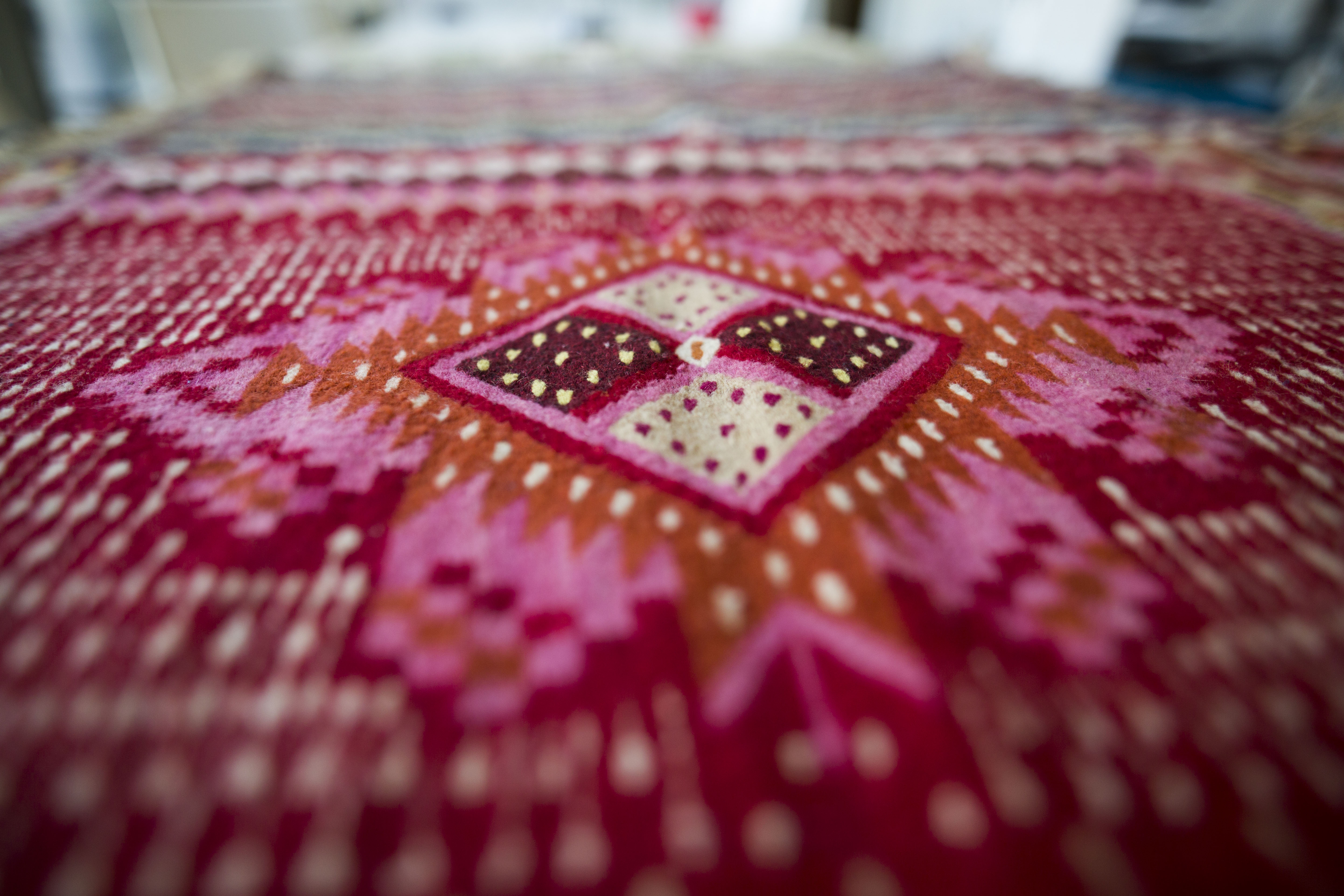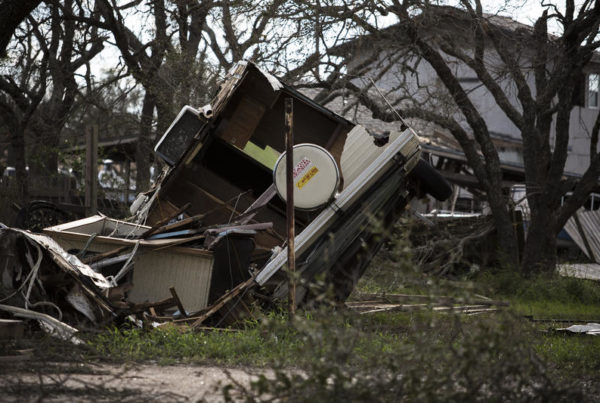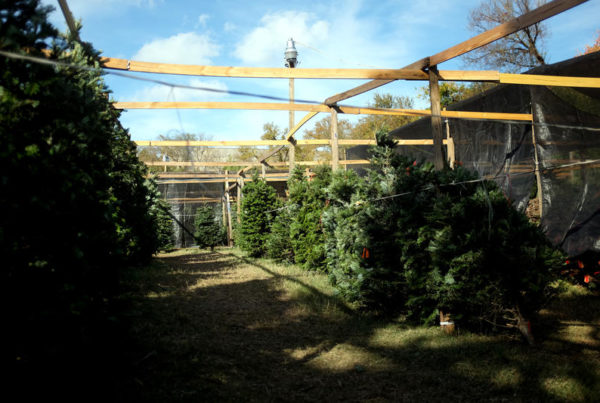Around 300 miles southeast of Mexico City, the 7,500-person town of Teotitlán del Valle has a unique trait: around 85 percent of its citizens are weavers. For Samuel Bautista Lazo, the small Oaxacan village is home.
“I grew up learning how to speak Zapotec and Spanish,” Bautista Lazo says. “Zapotec means ‘words from the clouds.’“
The majority of the Teotitlán del Valle community speak Zapotec, a language that groups the sounds of words for objects that are seemingly unrelated.
“The word for flower is guie’, and the word for fire is gui,” Bautista Lazo says. “The word for rock is guie, and metal is guib.”
He says the sounds and vibrations present in the words in Zapotec are connected to the inherent relationships between the real-life characteristics of the objects that the words describe.
“If you think about it, flower could be as powerful as fire,” Bautista Lazo says. “The beauty of a fire is like a flower. The strength of the metal is like that of the rock. It’s all related.
Bautista Lazo says that since Zapotec is a tonal language, a slightly different intonation of a certain sound can mean something totally different.
“We have words like yú which means earth,” Bautista Lazo says, “and the word for house is yú. When we ask someone ‘how are you,’ we ask shinuulu’, which means, ‘how are you planted on this earth, how are you grounded on this earth?’”
Bautista Lazo, who holds a Ph.D. in sustainable manufacturing, is a weaver from Teotitlán del Valle and is currently traveling to share the culture and weaving heritage of his community.
Written by Rachel Zein.















